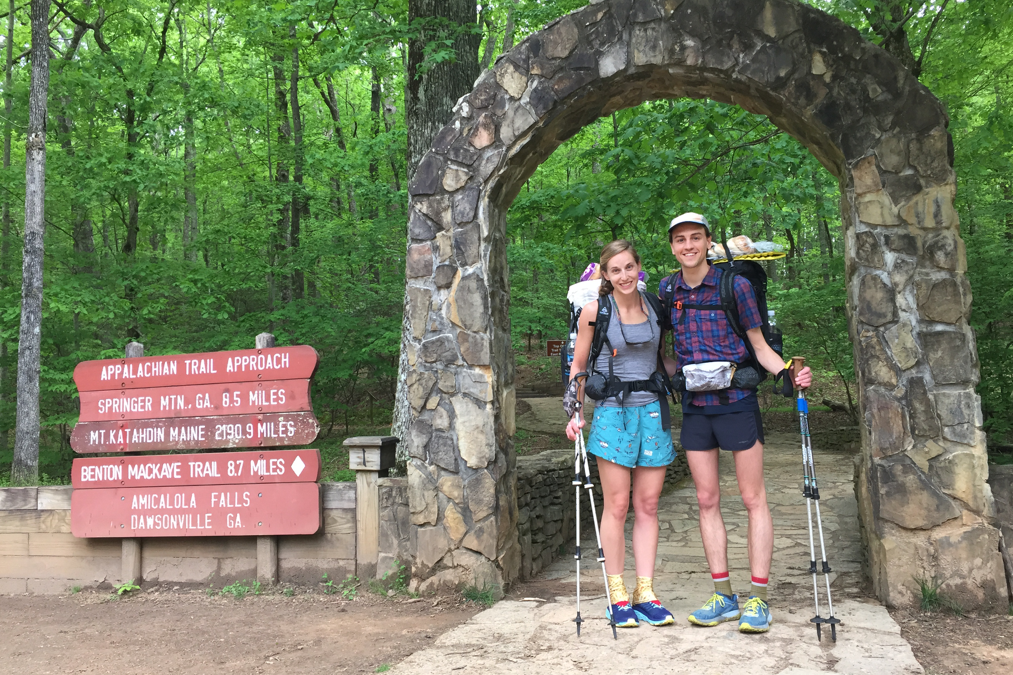Monika and I have found ourselves in a nearly constant state of change since we’ve been together. Changing jobs and career directions, moving from town to town, or even just a new apartment down the street, it seems we may struggle to sit still. But since moving to Portland in the summer of 2017, there’s been a sense of slowing down. You could even say we’ve discovered a new feeling that some call being content.
In some ways though, this added a new desire: to get it right. What I mean is, moving to a new city brought many things all at once. New friends, a new home, new jobs, new rhythms. We found that balancing all this newness is a challenge, and it was all too easy to accidentally settle into patterns that chose us—not the other way around. It turns out it’s hard to be intentional about everything in your life at the same time. Maybe living with care and attentiveness is best built in layers, over time, the way water carves bedrock.
Fast forward almost two years when things were a little less new. Some grooves had formed in the bedrock of our lives, and not all of them were shaping up the way we wanted. The hydrology of life is powerful—once those patterns form, they tend to continue in the same way unless something forces it a different way.
It was for this reason we thought it would be helpful to have a chance to step away from life as we knew it. Only not like before. This was not for the purpose of escaping, wiping clean to start over or distracting ourselves. This was ultimately for the purpose of coming back and for doing it right.
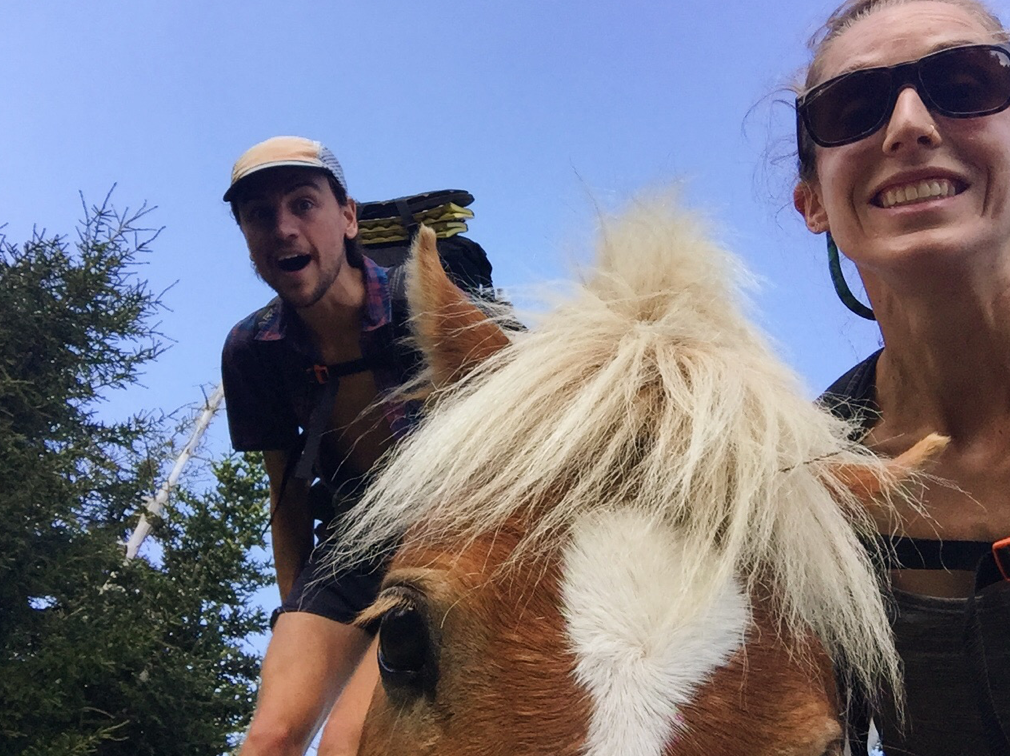
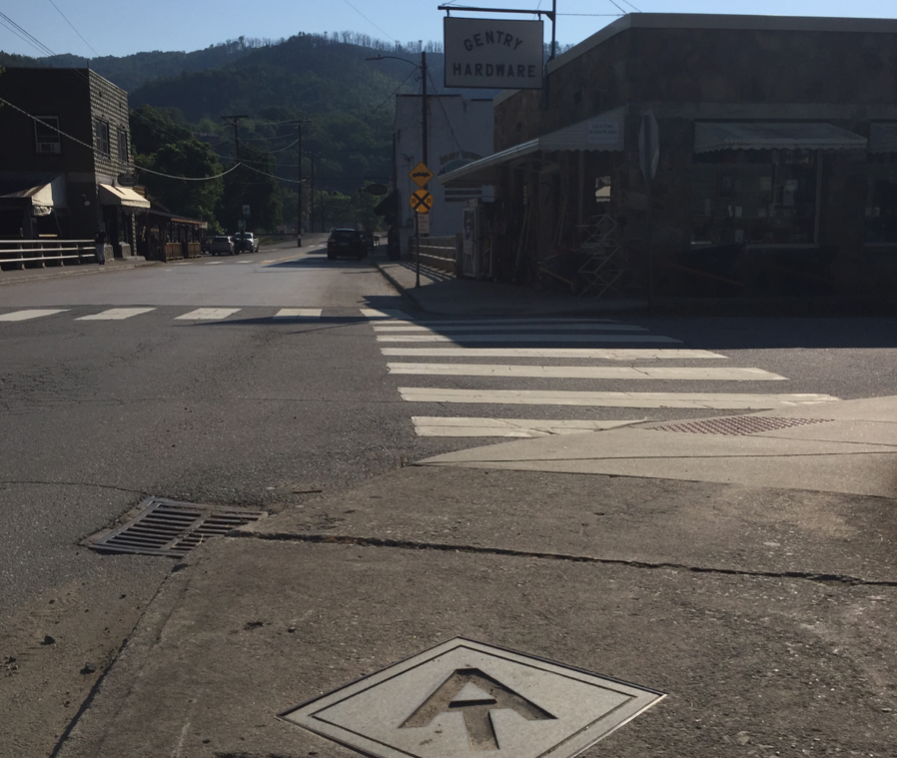
So, when the idea of hiking the Appalachian Trail surfaced (and kept resurfacing), we decided this would be the perfect way to step back from the complexity of daily life, pursue clarity, simplify, and reform our priorities with the goal of coming home to Maine prepared to live wholeheartedly, with the care and attentiveness we knew we had.
Fortunately, having spent several seasons with the La Vida program, planning all the logistics related to our gear, menu planning, resupplies, outdoor skills, etc. came naturally, and we were ready to jump on our one-way flight to Atlanta—and then walk home.
Before we left, we wrote down some goals for our time on the trail. They looked something like this:
- Engage with others, listening to their stories
- Remove distractions and general busyness
- Clarify and renew our relationship to our home and our home community
- Seek greater direction for our future, including big questions like career changes
Soon after we started our hike, it became clear that God had something planned for our journey in the wilderness, and it was only up to us to follow along.
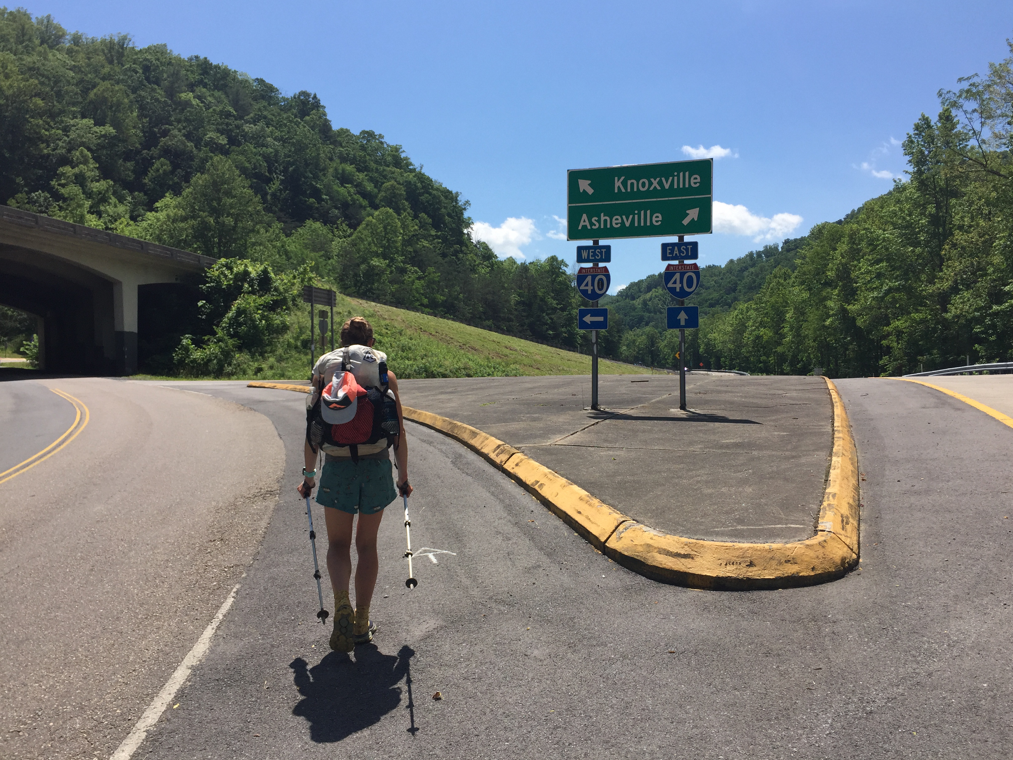
Something we hadn’t planned for was the physical challenge. We were discovering that enjoying the challenge was infinitely better than resisting or resenting the fatigue in our tired muscles. It was such good practice to reframe those endless climbs, the miles and miles inside the green tunnel. Even the rain became a fun challenge rather than an obstacle on our way to the end.
We did have a small, core group of friends we met on the trail, but most of our fellow hikers were out on the trail for a different kind of experience. The result was that we only saw most people once or twice before we were too far ahead of them to cross paths again. But aren’t we out here to share the space with others and hear their stories? This was a question we frequently asked ourselves, and regularly debated whether we should slow down to get to know more people.


But moving at our own speed showed itself to be the way we needed to go. We discovered that we had time and space for conversations that don’t fit into the margins of everyday life at home. When do you have time to stop and ponder a question for a couple hours, then pick right back up where you left off? In our five years of marriage, we had not had time like this before, and it was a breath of fresh air.
Over time, the simplicity of life on the trail became an overwhelming gift. There are so many things we think we need, and it can make life feel complicated and burdensome. But it can also be so simple: get some sleep, eat some food, move your body, enjoy the sunny days, be present with the people around you.
But how to carry this feeling back home? Inevitably, all the voices would be waiting for us when we got home. The ones that come at us from all directions telling us to live a certain way, fill up our calendar with social events, fill up our home with all the things, fill up our résumés with all the right achievements.

We were quickly closing in on Mt. Katahdin, and our bodies and minds were ready for a break. We were coming up on the goal we set early on of completing the trail in under one hundred days, coinciding with another goal of finishing in time for August session with La Vida’s ADK program. We knew it would be the perfect place to transition back to normal life after over three months on the trail.
Fast-forward to August 10, 4:30 a.m. The time had come to make our final climb up Mt. Katahdin (named by the Penobscot tribe, meaning The Greatest Mountain). We had been looking forward to this day all summer, certainly with visions of a beautiful blue sky and sunshine on the open summit, and plenty of time to sit down to reflect on the preceding 99 days. Instead, we were greeted with high winds, cold temperatures and spitting rain. So, we scurried up the steep and exposed rocks to the summit, snapped a few photos and headed down as quickly as we could.
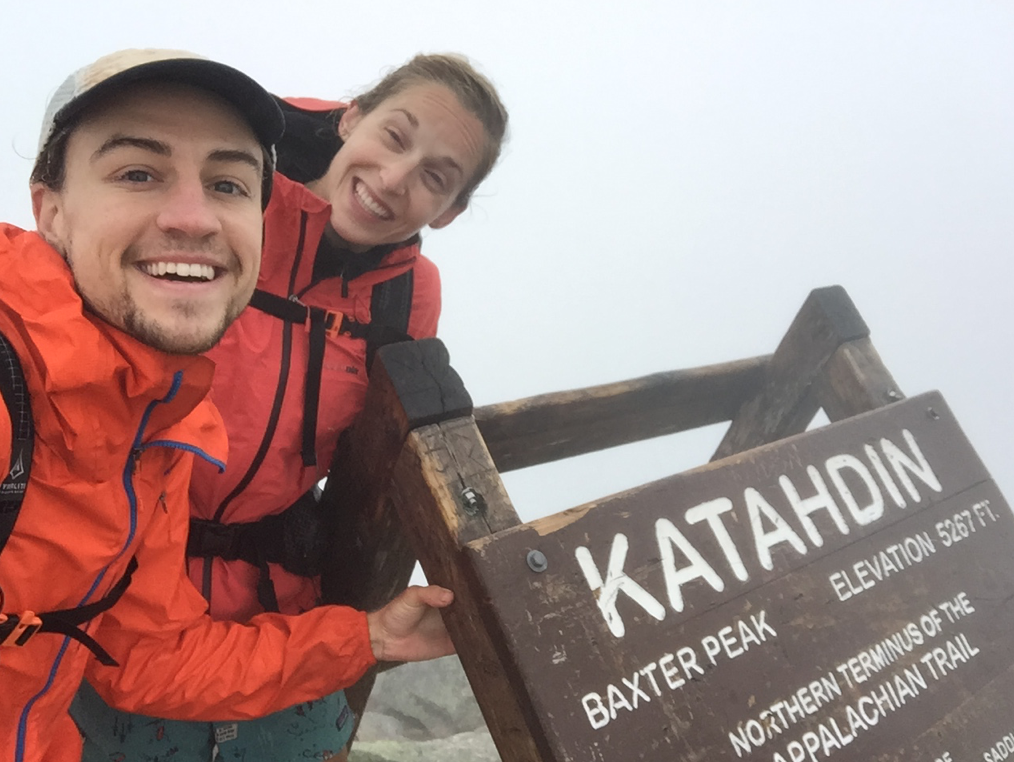
Seemingly before we had a chance to catch our breath, we were moving our bags into our cabin at base camp, cooking meals in the main cabin and belaying climbers at Owl’s Head. Hiking the Appalachian Trail felt almost like a dream that we remembered vividly, but remained far off somehow. At this point the only thing we could do to carry the experience with us was to live within some of these new values like simplicity and embracing the challenges of life.
Henri Nouwen wrote that the word discipline means “the effort to create some space in which God can act.” This summer, we got through some of our toughest days trusting that creating that kind of space would prove itself to be a good choice. Now that we’re back home, we need to continue creating that space in smaller ways to hold on to the things we learned on the trail. But as long as we can keep the clutter and noise from crowding out that space, we know that those 2,192 miles were just the beginning of the real path.
By Dan Pfistner. Dan and Monika Pfistner graduated from Gordon College in 2013. They first started working for La Vida in 2012 and continue to be involved in a variety of ways. They currently reside in Portland where they enjoy weekend trips to the White Mountains and runs around town. Check out Monika’s beautiful creations on Instagram @borealdesignco and http://borealdesignco.com.

